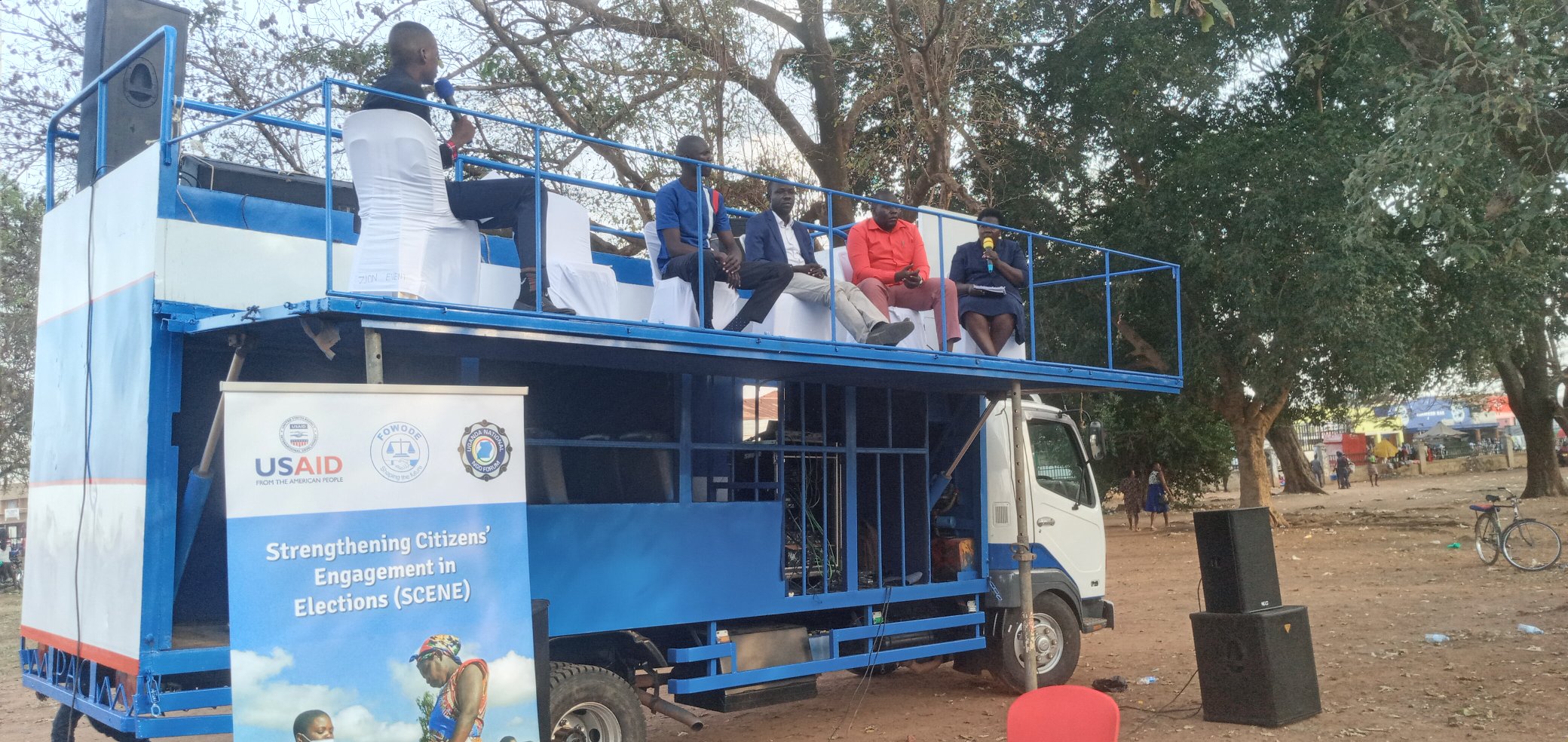
How a Roadside Show Transformed a Community Member into a Civic Educator in Apapai Village.
In Apapai village, located in Serere district, Bugondo Subcounty, and Toror Parish, the community has long been underserved in terms of civic education. As a rural area where many people are uninformed about critical civic processes, Apapai had never before received a civic education program. Oyako Elijah, a 45-year-old community member, was one of the many in the village who lacked knowledge on crucial governance topics, such as taxation and electoral processes. He had no understanding of how a democratic system worked or how the leaders he elected could impact his community positively or negatively.
To address this gap, PAC-Uganda, organized a roadside meeting on 29th July 2024 at the Apapai trading centre. The roadside show served as a platform for community members to gain awareness, ask questions, and learn about their civic rights and responsibilities. This marked a significant moment for the village as it was the first time such an educational initiative had taken place there.
Before attending the roadside show, Oyako Elijah was unaware of his role and responsibilities as a citizen. He did not realize the power of his vote or the impact his choices could have on his community. However, just two days after the event, Oyako contacted one of the field staff to express his gratitude for the civic education he had received. “That was the information we had been lacking,” he said. He further requested materials to become a volunteer community civic educator, offering to teach others without any cost.
He considers the project extremely important, not only for himself but for his entire community. He believes that ignorance has been a significant issue in Apapai, with leaders deceiving the community with cheap items in exchange for votes, without the villagers understanding how such actions can harm the development of their area. According to Oyako, if more community members had access to such information, they would be able to make better, informed decisions when electing leaders. Civic education is slowly making its way through the region, helping people understand their political and voter rights.



